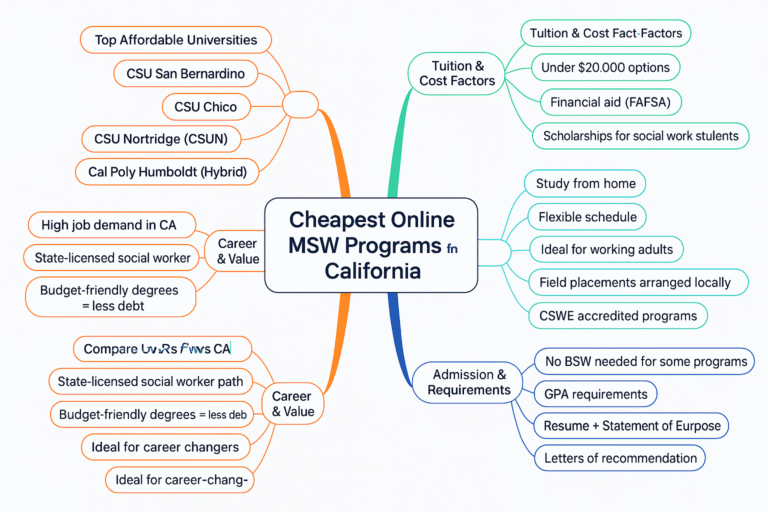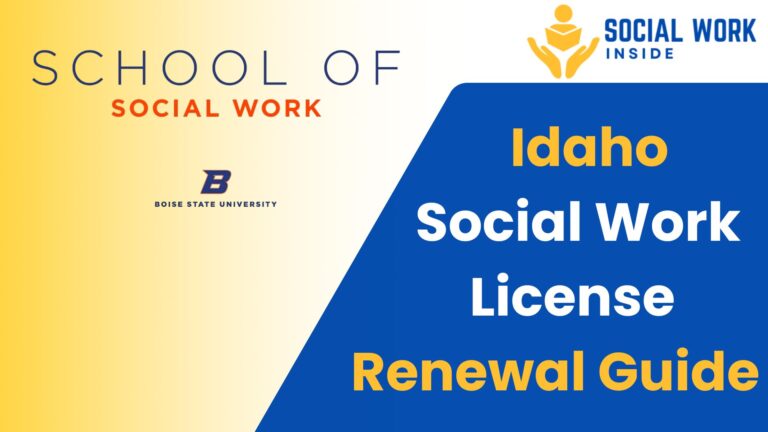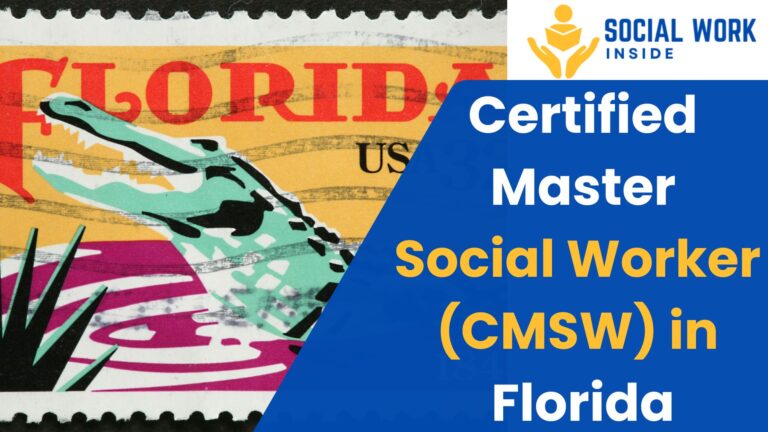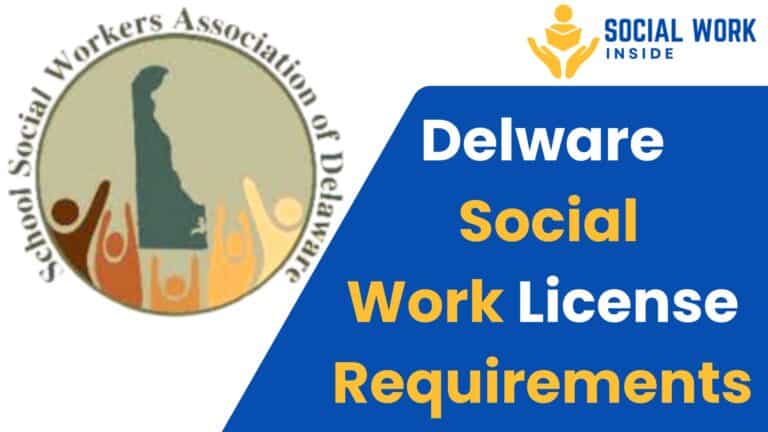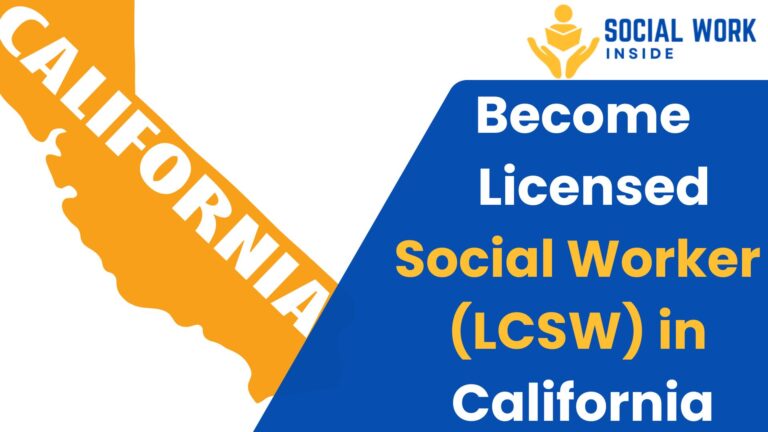Iowa Social Work License Requirements: Step-by-Step Guide
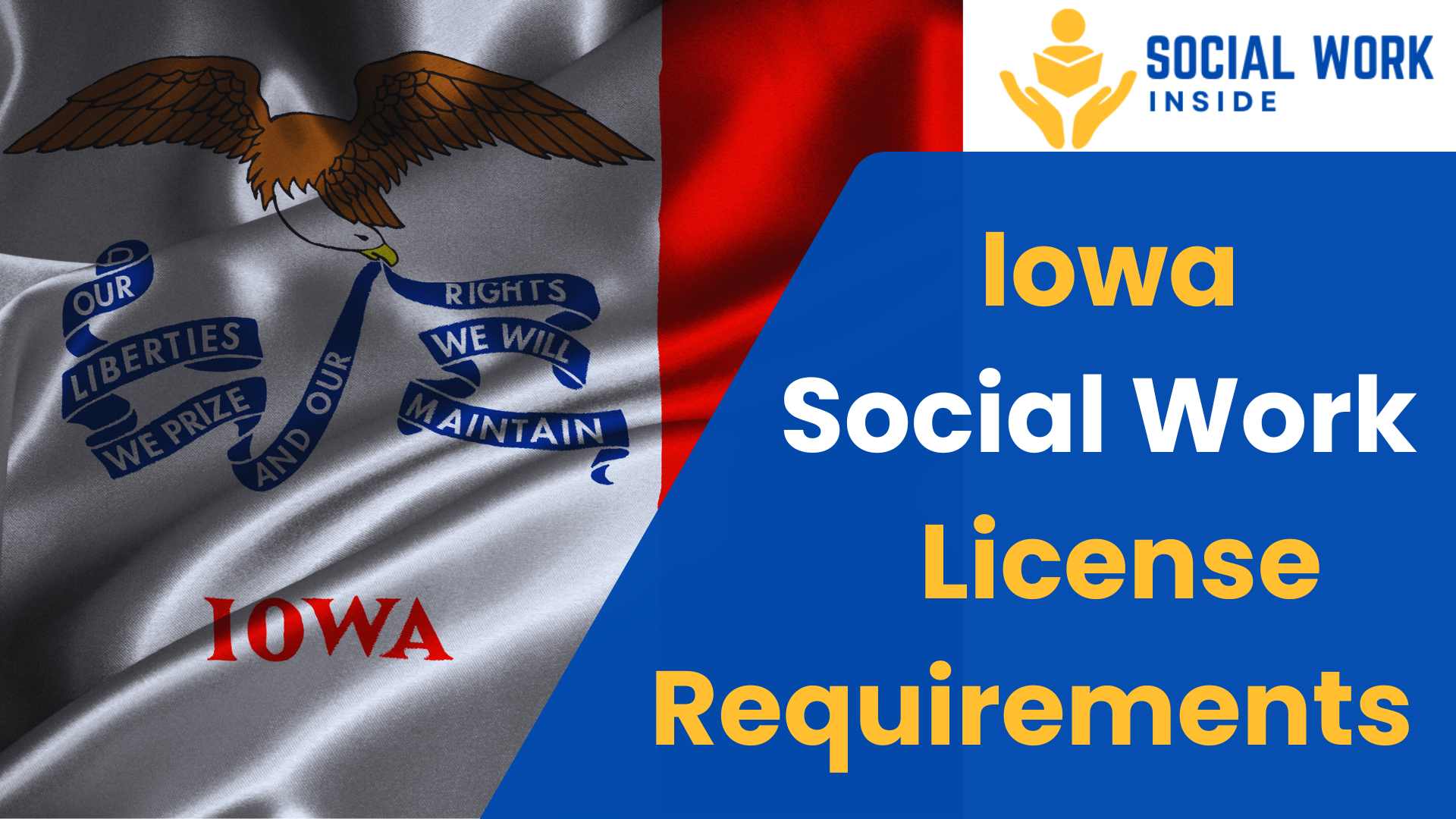
If you love helping people and want to make a difference in your community, a career in social work is a great choice! Social workers support individuals, families, and communities by providing counseling, resources, and advocacy. In Iowa, becoming a licensed social worker means following a Step-by-Step Guide to meet education, training, and exam requirements.
This guide will walk you through everything you need to know, from choosing an Accredited Program to passing the Licensing Process and starting a Fast-Track Career in social work.
Why Become a Social Worker in Iowa?
Social work is a growing field, and the Job Outlook for social workers in Iowa is strong. More people need mental health services, family support, and community programs, which means social workers are in high demand.
Here are some great reasons to become a social worker in Iowa:
Job security – The need for social workers is growing every year.
Make a real difference – Help people overcome challenges and improve their lives.
Many career options – Work in schools, hospitals, mental health centers, or government agencies.
Good salary potential – The Social Worker Salary in Iowa is competitive.
Now, let’s go step by step on how to Get Certified and start your career!
Step-by-Step Guide to Getting an Iowa Social Work License

Step 1: Complete the Required Education
To become a social worker in Iowa, you need to complete an Accredited Program in social work. This means earning a degree from a college or university that has been approved by the Iowa Board of Social Work (licensing authority).
There are three main levels of social work education:
- Bachelor of Social Work (BSW) – The minimum requirement for an LSW (Licensed Social Worker).
- Master of Social Work (MSW) – Required for an LMSW (Licensed Master Social Worker) and LISW (Licensed Independent Social Worker).
- Doctorate in Social Work (DSW/PhD) – Not required for licensure but can open up advanced career opportunities.
Step 2: Choose the Right Type of Social Work License
Iowa offers three levels of licensure:
- LSW (Licensed Social Worker) – Requires a BSW. This allows you to work in non-clinical roles like case management and community outreach.
- LMSW (Licensed Master Social Worker) – Requires an MSW. This allows for more specialized roles, including supervision and program management.
- LISW (Licensed Independent Social Worker) – Requires an MSW plus supervised experience. This is the highest level and allows you to provide therapy as a Licensed Clinical Social Worker (LCSW).
Clinical vs. Non-Clinical Social Work:
- Clinical social workers (LCSWs) can diagnose and treat mental health issues.
- Non-clinical social workers focus on case management, social services, and program coordination.
Step 3: Pass the Licensing Exam
After earning your degree, you must take a licensing exam through the NASW (National Association of Social Workers). This exam tests your knowledge of social work principles, case management, and Social Work Ethics and Laws.
Tips for Exam Success:
- Study with practice tests and exam guides.
- Take a Social Work Licensing Exam Prep in Iowa course.
- Review key topics like Social Work Ethics and Laws.
Step 4: Apply for Your License
Once you pass the exam, you need to submit an Easy Application to the Iowa Board of Social Work through the Iowa Department of Public Health. You will need to include:
- Proof of education from an Accredited Program
- Exam scores from the Social Work Licensure Process
- Application fees: varies by state check before apply
Step 5: Complete Supervised Experience (For LISW Candidates Only)
If you want to become an LISW, you must complete two years of supervised work experience under a licensed professional before applying for full licensure.
Best Social Work Programs in Iowa for Licensure
It’s important to choose a school that offers an Accredited Program to ensure you meet the State Requirements for licensure. Some of the best programs in Iowa include:
- University of Iowa Social Work Program – One of the top-ranked programs in the state.
- Iowa State University Social Work Program – Offers both undergraduate and graduate social work degrees.
- Wartburg College Social Work Program – Known for its strong BSW program.

Social Worker Salary in Iowa
A common question is: How much do social workers make in Iowa?
- LSW (Bachelor’s level) – $45,000 – $55,000 per year
- LMSW (Master’s level) – $55,000 – $65,000 per year
- LISW (Clinical level) – $65,000 – $80,000 per year
BLS 2023
Many social workers earn more over time with experience and additional certifications.
Social Work Continuing Education in Iowa
To keep your license active, you must complete Social Work Continuing Education courses. These courses cover new trends, legal updates, and best practices in the field.
Topics include:
- Social Work Ethics and Laws
- Mental health treatment techniques
- Crisis intervention training
FAQ
Take the first step toward your dream career and Get Certified today!

